The fashion E-Commerce website development landscape is still changing at breakneck speeds in 2024. With changing consumer behaviors, advances in technology, and growing competition, building a successful Fashion Website Design & Development Services requires much more than just a nice look and feel. It entails an overall strategy that holds together user experience, technology, and marketing. Here’s a comprehensive guide on how to make a world-class online fashion store in 2024.
Table of Contents
ToggleFashion e-commerce website development Practices
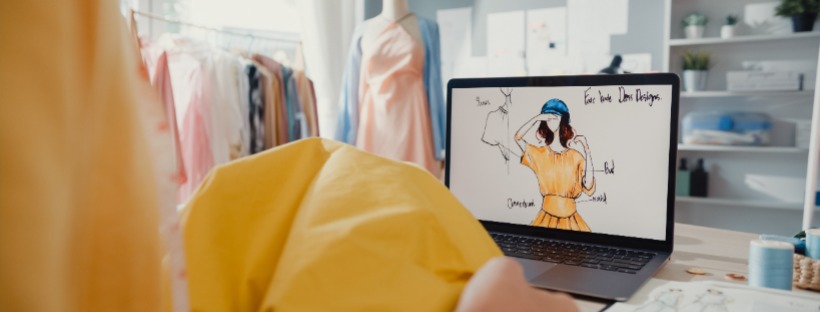
1. Know Your Target Audience:
Before you get into the technicalities of your fashion e-commerce website, it is really important to know who you are targeting. After all, this is a pretty personal and subjective business-Fashion. Knowing your customer base can help you set up your fashion e-commerce website according to their needs and interests.
How to Know Your Audience:
Market Research: This should include a primary survey, social media analytics, and industry reports detailing consumer preference, shopping habits, and demographic details.
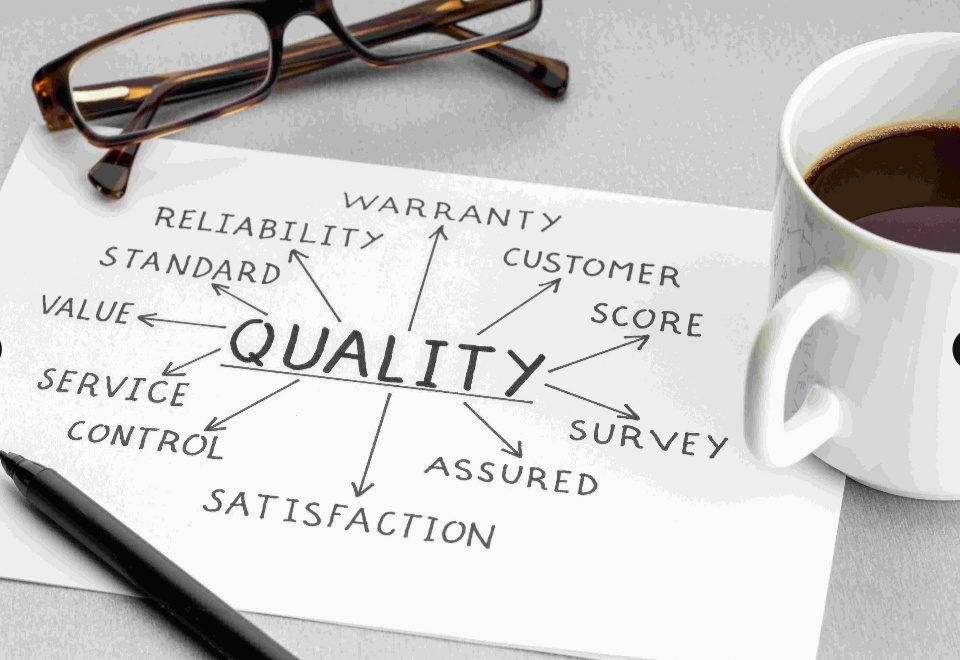
Create Buyer Personas: Draft detailed profiles of your ideal customers; this could include their age, sex, fashion sense, spending habits, and activities they conduct online.
2. Select the Right Platform
An ideal fashion e-commerce website platform is central to the success of your website. It must enable fashion-specific functionalities, be scalable, and offer solid integrations.
Common E-commerce Platforms:
Shopify: This, with its user-friendly interface and huge app ecosystem, works for any fashion brand—big or small.
WooCommerce: A flexible plugin for WordPress, perfect if someone is looking for customization and better control over the website.
Magento: Best for the larger fashion retailer aiming to add advanced features and scalability.
BigCommerce: Known for strong performance and SEO due to built-in features.
3. Design a Beautiful UI

Aesthetics is an important factor in fashion. Your fashion e-commerce website design should reflect your brand identity while giving the experience of intuitive and pleasurable shopping.
Design Tips:
High-resolution Image: Include high-resolution photos and videos in all products. Integrate 360 views or videos of clothes in motion.
Responsiveness: A design that works really well and looks pretty good on whatever device it is accessed on, be it on computer or a mobile phone.
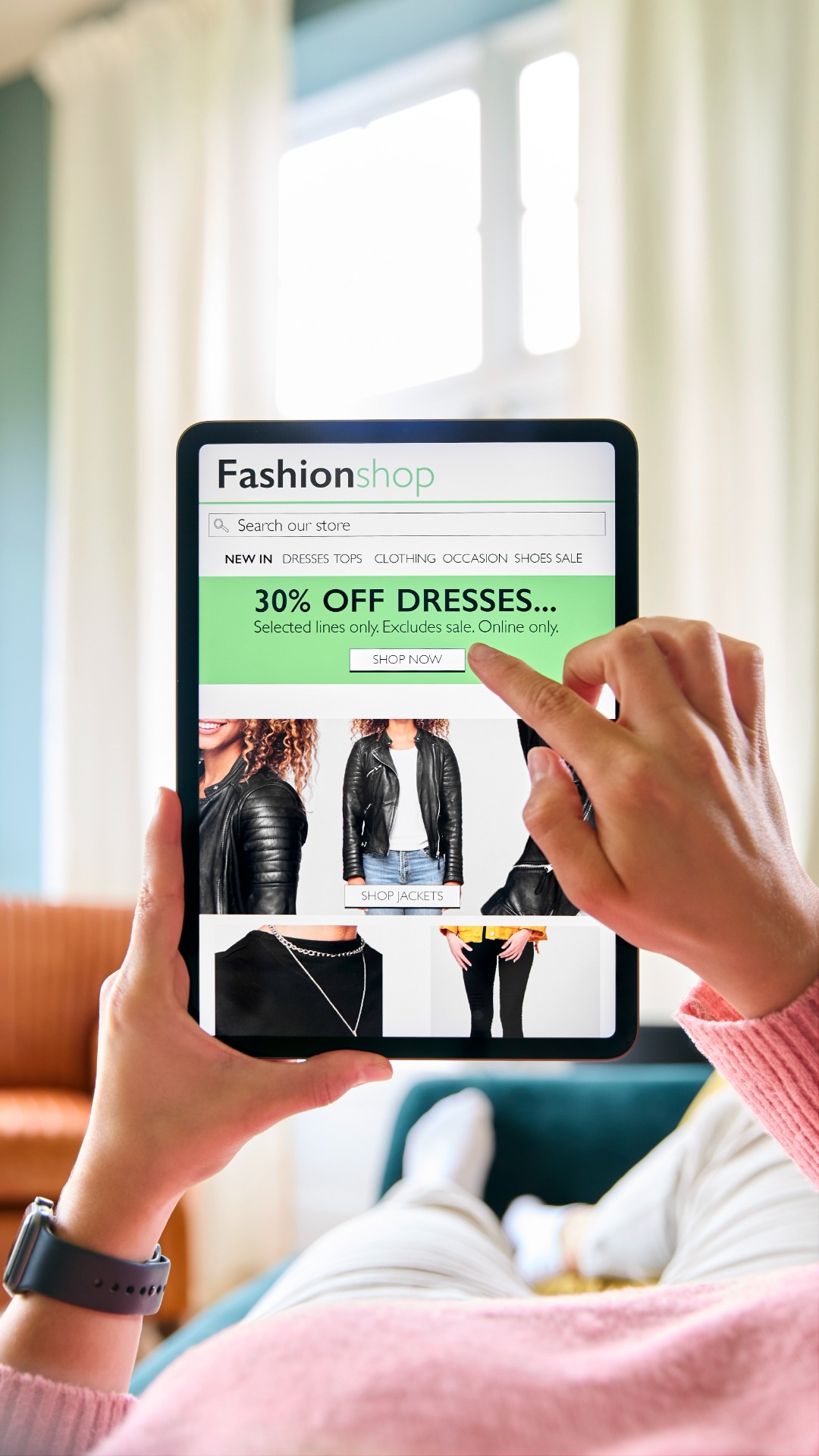
Clean design: Designed cleanly and has to be simple and user-friendly at each interface.
4. Great User Experience: Ensure a great user experience by:
User experience comes first in ensuring that visitors engage and convert. An easy and enjoyable experience will no doubt propel your fashion eCommerce site ahead of competitors.
UX Best Practices:
Fast Loading Times: Ensure fast loading by image optimization and caching.
Easy Navigation: Easy menus, filters, and robust search facilities make it easy for users to find products.
Clear Calls to Action (CTAs): Attractive and highly visible CTAs should be used to direct customers to either make a purchase or to sign up for newsletters.
5. Advanced Search and Filtering
In fashion eCommerce development, users normally search for items in some category. Thus, the site should have an extended search and filtering system.
Features to Include:
Autocomplete Search: Help customers find products faster by providing suggestions as they type.
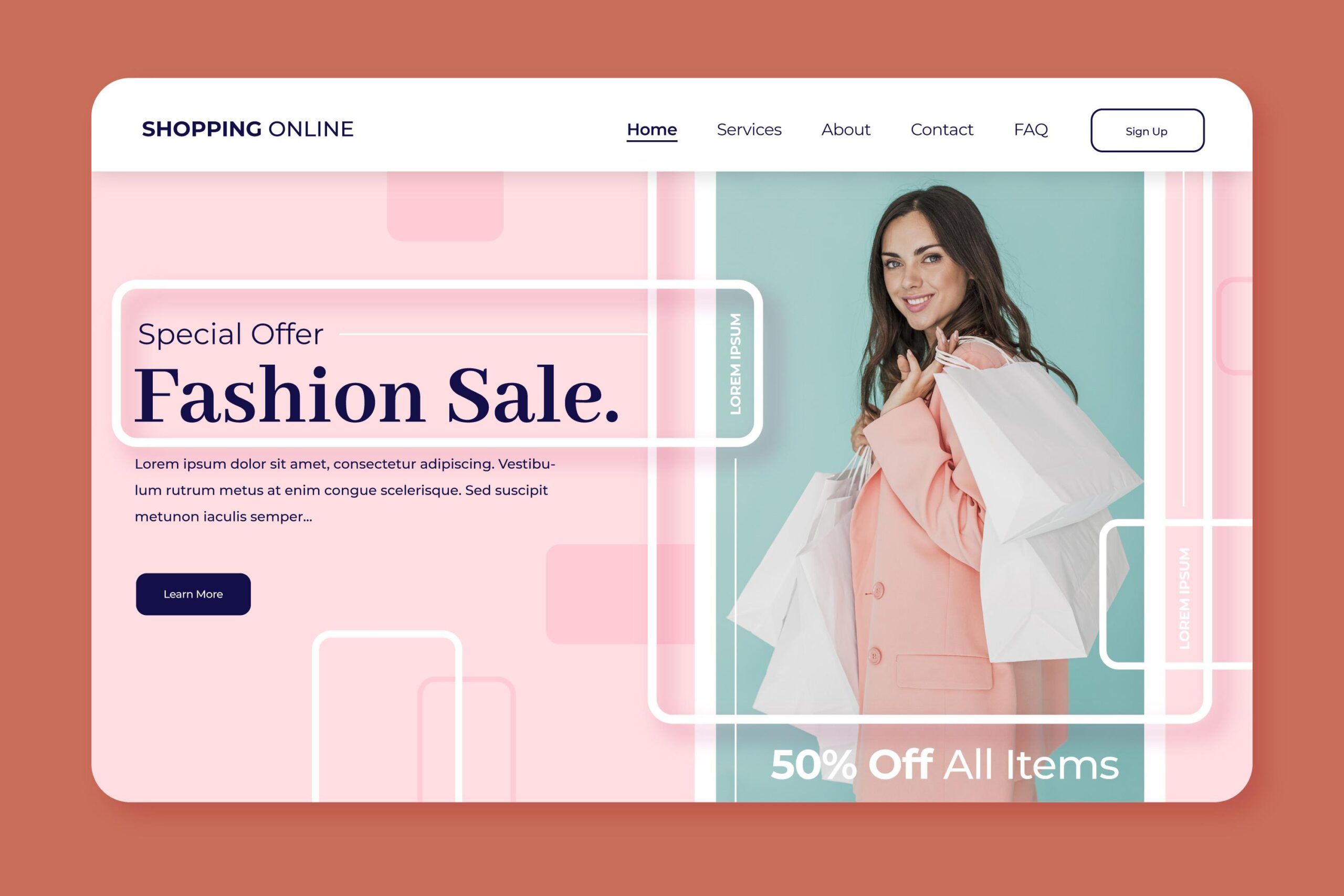
Faceted Search: Filter products by size, colour, price, brand, etc from the stock.
Sort Options: Price range, new arrivals, popularity and more should be there in the sort options.
6. Integration with Social Media
Any online fashion store, by integration with social platforms, allows reaching a wider audience and increasing visits to your site.
Integration Strategies:
Social Sharing Buttons: Users can share their favorite products on leading platforms like Instagram, Facebook, and Pinterest.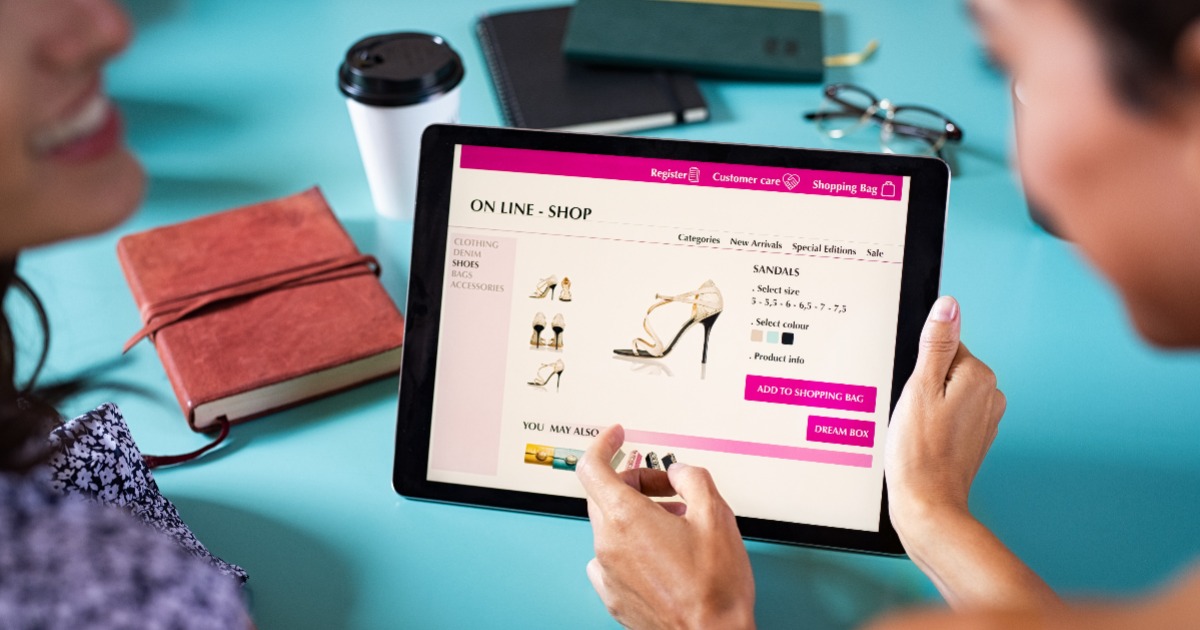
Shoppable Posts: Tag products from your feed and Stories with Instagram Shopping for seamless shopping right from social media.
User-Generated Content: Customers can be encouraged to share photos of themselves in your products, and feature this on your website.
7. Add Secure Payment Gateways
Security sits at the core of eCommerce. A secure checkout process builds trust and helps reduce cart abandonment on your website.

Payment Gateway Options:
Credit/Debit Cards: Include the major card networks offering direct payments.
Digital Wallets: Including the likes of PayPal, Apple Pay, and Google Pay for ease.
Buy Now, Pay Later: Integrate services like Klarna or Afterpay for customers who like to pay off products in flexible ways.
8. Focus on SEO and Content Marketing
Search engine optimization and content marketing are very critical in generating organic traffic to your fashion eCommerce website.
SEO Strategies:
Keyword Research: Identify relevant keywords for your fashion products using tools such as Google Keyword Planner.

On-page SEO: Product descriptions, meta tags, alt texts of images optimize with identified keywords.
Content creation: Blog posts, style guides, trend reports abound, engaging people.
9. Leverage on Data Analytics
Analytics gives invaluable insights into user behavior and website performance metrics. Use these to make data-driven decisions and continuously improve your site.
Analytics Tools:
Google Analytics: Track users based on their demographics, behavior, and conversion rate.
Heatmaps: You can see what is happening on site by providing representatives like Hotjar or Crazy Egg.
A/B Testing: Try variations of design elements, CTAs and content to discover what really works for your audience.
10. Assure Accessibility and Compliance
Compliance with the law and assurance of accessibility are very imperative in avoiding legal problems and making a website usable for all.
Tips on Compliance and Accessibility:
GDPR Compliance: Provide a GDPR-compliant site if you do business in Europe or with European customers. Ensure your website adheres to the GDPR.
Accessibility: Ensure to follow WCAG so that users who have some disabilities could go through it. Conclusion
Coming up with a successful fashion eCommerce website in 2024 entails more than just putting up a beautiful platform.
This calls for a strategic approach:
understanding your audience, choosing the right technology, focusing on user experience, and leveraging marketing and data analytics capabilities to their fullest. Keeping these spots of focus in mind will have you more than well on your way to creating a fashion eCommerce site that will attract and retain customers but stand out in this competitive market. Keep nimble, and track industry trends to keep your site at the very forefront of fashion eCommerce innovation.








